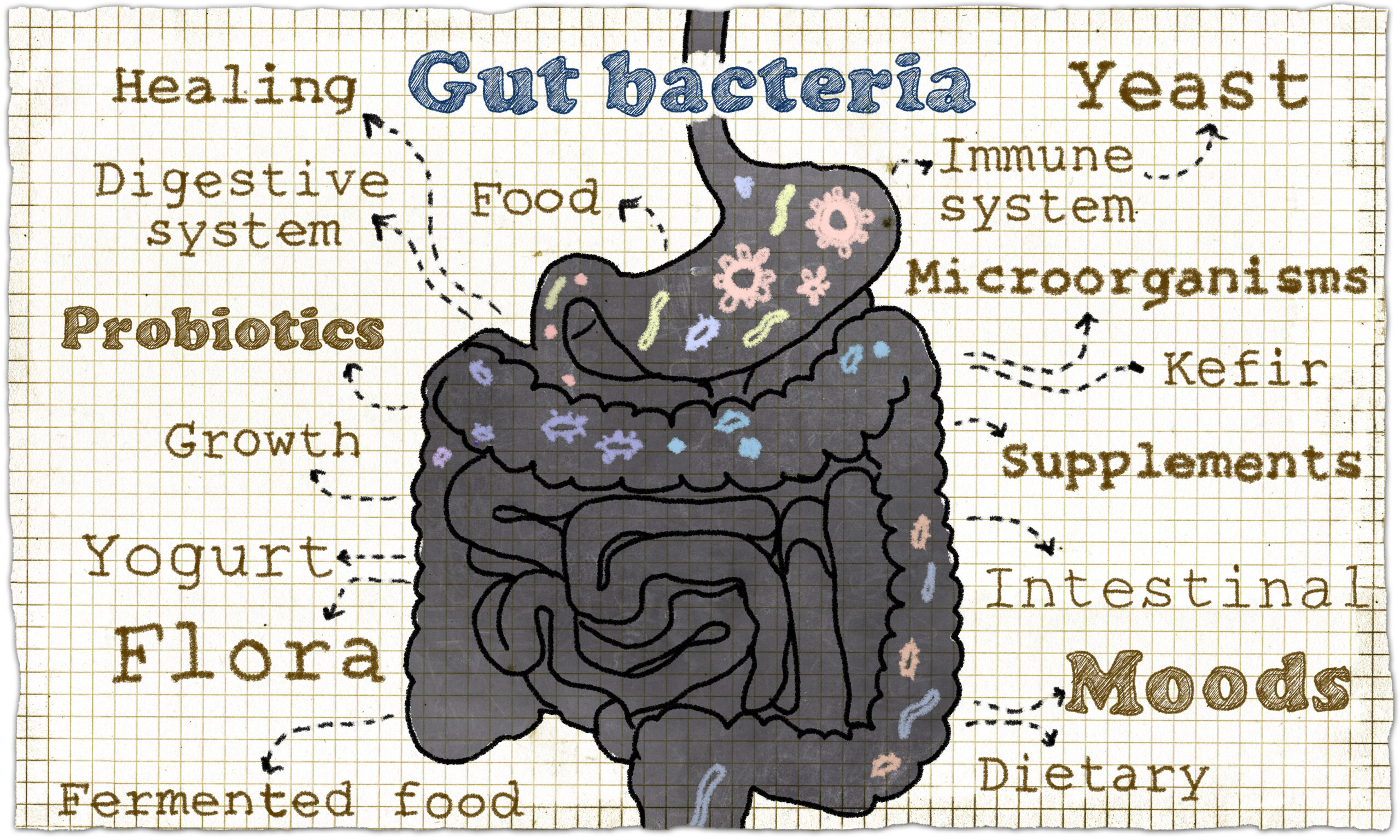Valentine’s Day is here but it’s early in the year and many people are still going strong on their New Year resolutions to eat better, be more active or practice self-care. There is so much information available about what is the best diet, exercise program or supplement that it can be overwhelming for older adults trying to make more mindful choices about what they eat and what activities they choose. Recently, much more attention about well-being focuses on gut health and it can be confusing trying to figure out what all of it means and the role prebiotics and probiotics play in maintaining a healthy digestive system. We’ll break it down for you.
Probiotics
Probiotics are microscopic organisms in the gut that are important to good health. These healthy bacteria help keep harmful organisms in check, stimulate the immune system and reduce inflammation. Probiotics are especially helpful in preventing harmful bacterium from thriving when healthy gut microbes are removed after a treatment of antibiotics. Probiotics may also be a helpful treatment for irritable bowel syndrome. Differences in gut microbes are associated with people who are overweight or obese but no substantial evidence has established if probiotics are helpful with weight loss. Probiotics are commonly added to foods like yogurt and are naturally found in fermented foods. They can also be taken as a supplement in capsule or powder form.
Prebiotics
Prebiotics are foods that the body can’t digest but they encourage the growth and activity of healthy gut microbes. Wheat, onions, bananas, oats, artichokes, garlic and leeks are common prebiotic dietary
The takeaway? Including prebotic foods along with probiotics is likely to help adults maintain a healthy gut which may improve overall health and well-being. Eating a diet rich in fruits and vegetables, whole grains, nuts, legumes and fish and drinking water as your primary beverage is a wise choice to preserve health and function into old age. As always, before making any changes to your diet, talk with your doctor first. A dietitian who specialized in digestive disorders can also help guide patients with special concerns.






Add Your Voice
0 Comments
Join the Discussion